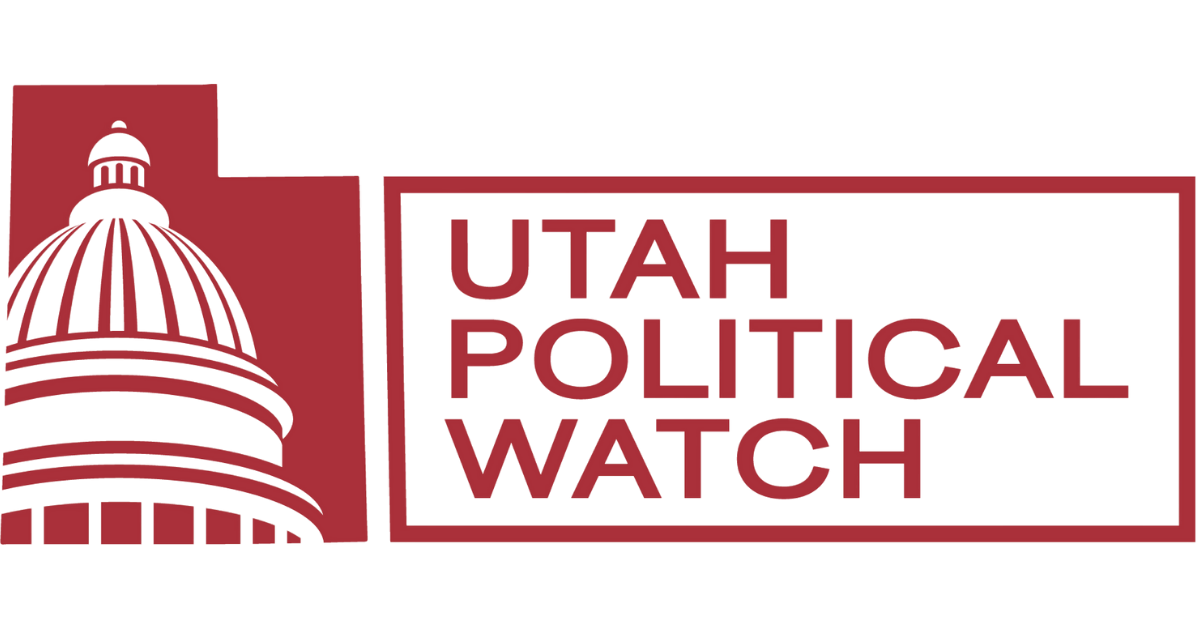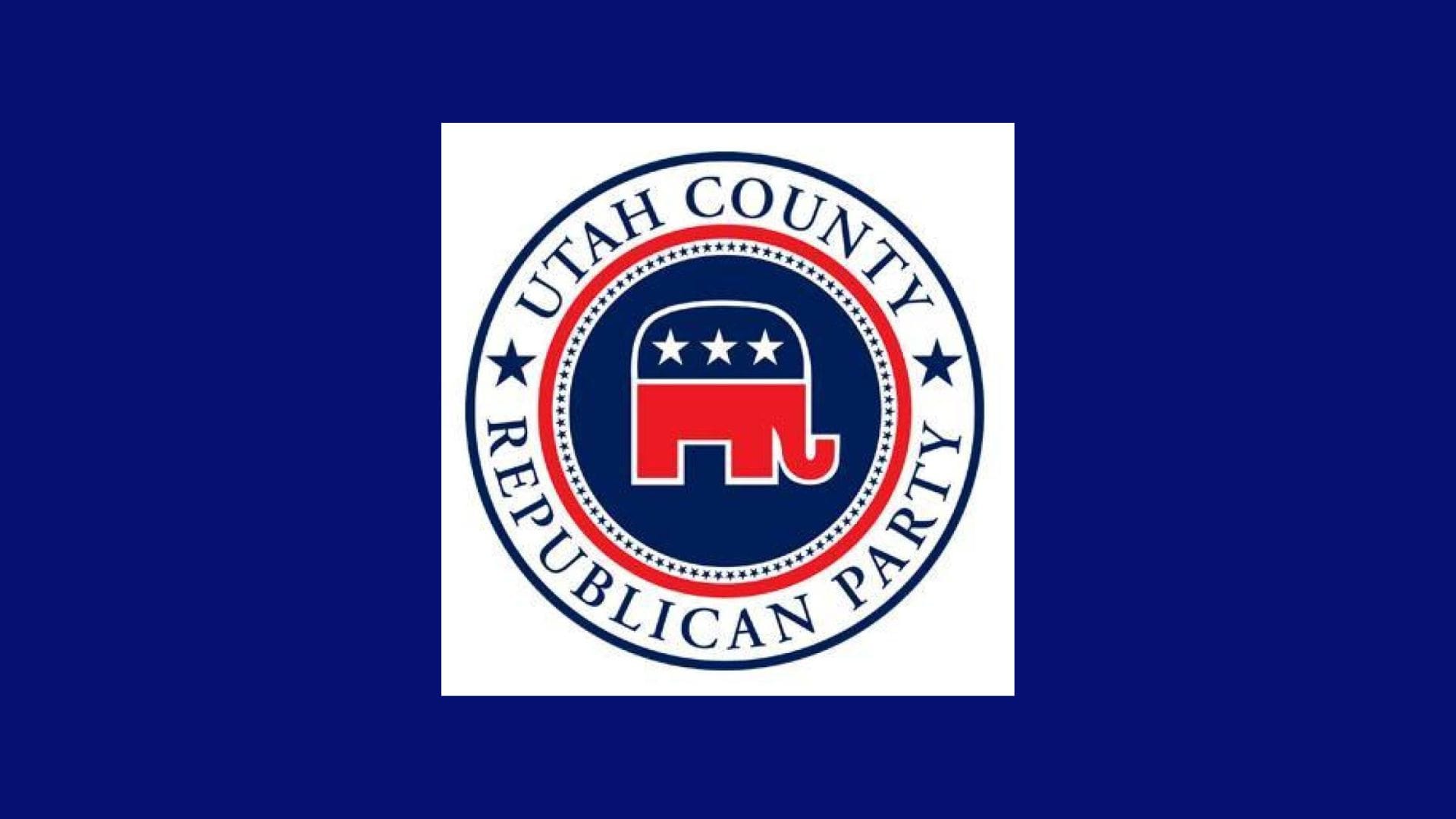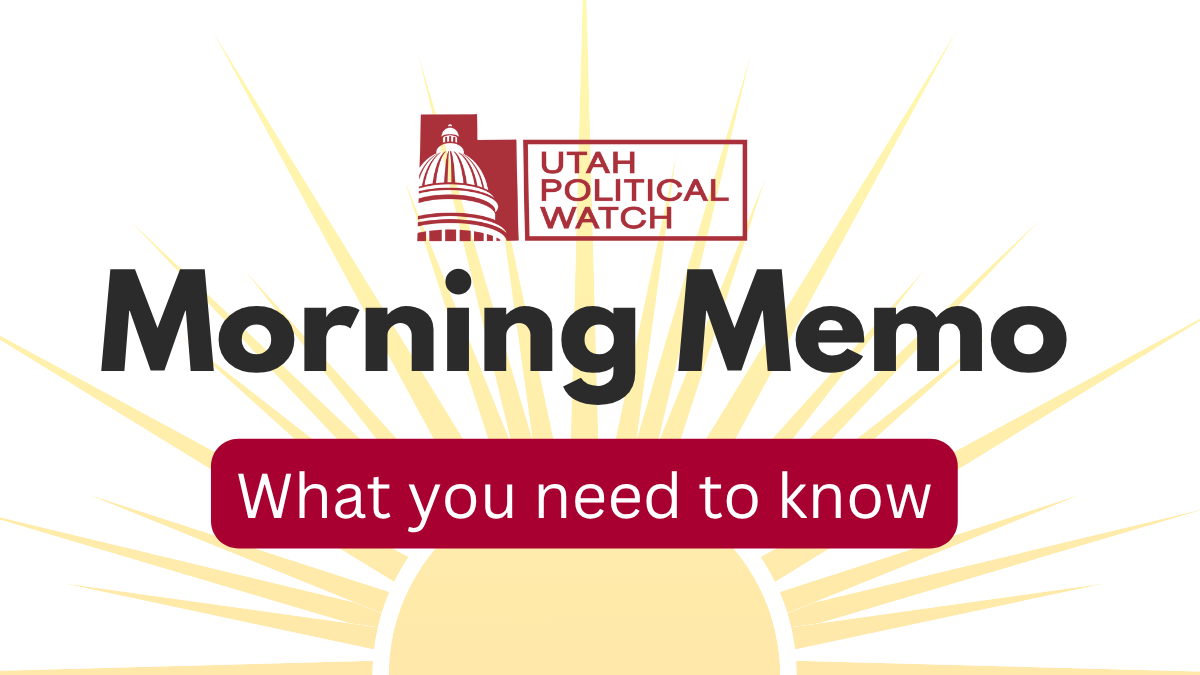On Saturday, Utah County Republican Party leaders will vote on two resolutions aimed squarely at hot‑button fights: one denounces efforts to rate political speech — including the University of Utah’s state‑funded “Dignity Index” — as an “assault on liberty,” and the other urges lawmakers to reject federal carbon regulations while echoing climate‑change skeptic talking points.
Help us reach 100
Utah Political Watch is reader-funded. We need 100 new paid subscribers to keep this work going.
We're independent. We don't pull punches. We answer only to readers—not corporations, billionaires, or political agendas.
Fewer than 1% of our readers support this work. Be different.
Support journalism that holds power accountable.
The first proposed resolution takes aim at the “Dignity Index,” an initiative spearheaded by Tim Shriver that scores political rhetoric based on how dignified or contemptuous it is. The program is housed at the University of Utah, and costs the school $400,000 annually.
Although the UCRP text does not name the Dignity Index, it condemns “attempts to rank, score, or index speech according to subjective notions of ‘dignity,’ ‘decency,’ or ‘harm.’”
“Any system, public or private, which ranks, scores, or filters speech based on subjective assessments of dignity, harm, or social value is hereby condemned as an assault on liberty and an invitation to authoritarianism,” the resolution reads.
In a Facebook video last month, Utah County Republican Party Chair Cristy Henshaw objected after seeing college students hand out Dignity Index flyers at an Orem City Council debate.
“This scares the heck out of me,” Henshaw said in the video.
“This is a terrifying notion for me to say that, not that everybody should respect dignity, no problem with that. I think kindness is a matter of character, but a rating system at which you let people rate other people is a terrifying thing. This can go in so many directions sideways.”
She added: “It is so strange that truth is not on this list. It’s not on here, so it doesn’t matter if you don’t tell the truth; it doesn’t matter if you lie. It just matters if you’re nice.”
Henshaw said that the Orem debate was not the ultimate catalyst for Saturday's resolution.
"I've been aware of this idea for a while, but the Orem debate was the first time I had seen it out in public, and that was surprising," Henshaw said in an email to Utah Political Watch.
The proposed resolution echoes conservative critiques that cast the Dignity Index as “diversity equity and inclusion under another name” under another name, and accuse it of being a tool to chill conservative speech.
Tom Rosshirt, a co-creator of the Dignity Index pushed back on those criticisms.
"There is a hidden threat to free speech that we’re not talking about – and that’s treating each other with contempt when we disagree," Rosshirt said in an email.
"Contempt suppresses speech. That’s its purpose – to keep the other side quiet or keep them from being heard. That kills the conversation. That’s why Congress can’t keep the government open – because they treat each other with contempt, so they can’t talk to each other, so they can’t solve problems together," Rosshirt added. "Appealing for dignity does not inhibit free speech; it allows free speech to flourish."
The second resolution urges Utah lawmakers to fight federal environmental rules, arguing that more atmospheric CO₂ is beneficial to plants and life on Earth. It asserts that carbon regulations are “increasingly being used as a mechanism for political and social control.”
The resolution mirrors decades-old talking points from climate-denial campaigns funded by fossil fuel interests, and parrots misinformation about climate change pushed by climate skeptics going back to the 1990s.
The resolution calls for legislative leaders to “protect Utah’s sovereign right to manage and develop carbon-based energy resources within state borders and federal lands within the state.”
A third resolution on Saturday’s agenda is stemming from former gubernatorial candidate Phil Lyman’s ongoing effort to undo his 2024 primary election loss to Spencer Cox, and unsupported claims that non-citizens are casting ballots in Utah elections.
The proposal, authored by Natalie Clawson, Lyman’s running mate during his failed gubernatorial bid, claims that Lt. Gov. Deidre Henderson is violating the 1993 National Voter Registration Act (NVRA) and the Help America Vote Act (HAVA) of 2002 by refusing to turn over the state’s full voter file to Lyman and the U.S. Department of Justice under the Trump administration.
Utah’s current voter registration system withholds access to voter records marked as “private” and “withheld.” Lyman is suing in federal court to force the state to release the entire statewide voter registration list so that he can assess “whether Utah is employing voter list maintenance best practices” and determine if “election officials are protecting his fundamental right to vote.”
The resolution also attacks Henderson for denying a request from the Department of Justice to produce a copy of Utah’s voter registration database, including those records shielded from the public. Instead, she only turned over records that are publicly available.
The proposal also references Rep. Karianne Lisonbee’s dubious claim that she has obtained proof that non-citizens are voting in Utah’s elections. She has repeatedly refused to share that information publicly.
The resolution calls on Henderson to release the full voter list to Lyman and the Trump administration.
Another federal lawsuit claims that Utah’s nomination system allowing candidates to pursue the Republican nomination through the caucus and convention system or by collecting signatures is unconstitutional. The plaintiffs are asking a judge to kick Cox, Henderson and other Republicans who won the 2024 GOP primary election after collecting signatures out of office and replace them with Lyman, Clawson and others who won the delegate vote at convention.
Party leaders will consider all three measures during their meeting Saturday morning at Lehi Jr. High School.





